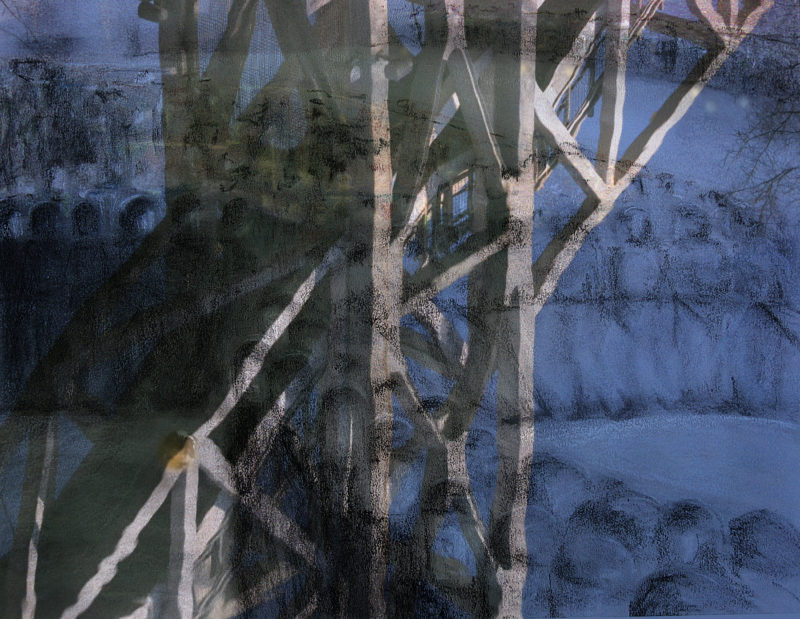
EXPECTING THE BARBARIANS
What are we expecting, gathered here in the marketplace?
It’s the barbarians, they are coming today.
Why is nothing happening in the Senate house?
Why are the senators just sitting, passing no laws?
Because the barbarians are coming today.
What new laws could the senators pass?
The barbarians will come and do the legislating.
Why is the emperor up so early this morning,
sitting at the main gate of the city,
high on his throne, dignified, wearing his crown?
Because the barbarians are coming today
and the emperor expects to be introduced
to their leader. He’s especially eager
to give him a parchment scroll. On it
he’s written a number of titles and names.
Why did the consuls and praetors come out today
dressed in their red, embroidered togas? Why
are they wearing bracelets studded with amethysts
and rings with brilliant, glittering emeralds?
Why today are they carrying their valuable canes
beautifully inlaid with silver and gold?
Because the barbarians are coming today,
and such objects delight the barbarians.
Why are the best orators not here as usual
to offer their eloquence, to speak their wisdom?
Because the barbarians are coming today,
and they are bored by speeches and oratory.
Why all of a sudden is there uncertainty
and confusion? (How serious everyone looks.)
Why are the streets and squares emptying so quickly,
sending the gathered crowds back to their home?
Because it’s night and the barbarians didn’t come.
And people came back from the border country
to report there are no barbarians any more.
So now what shall we do without barbarians?
Those people were a kind of solution.
– Constantine P. Cavafy
This poem is from a book Poems 1904 that was the first published volume of Cavafy’s poetry. It is the most recent translation from the Greek by Paul Merchant (I am posting here with his gracious permission) and published by Tavern Books in Portland. http://www.tavernbooks.com
The introduction of that book gives you a glimpse of this tormented poet, who is considered the most distinguished Greek poet of the 20th century.
E.M.Forster brought him to the attention of readers in 1919, describing hims as “a Greek gentleman in a straw hat, standing absolutely motionless at a slight angle to the universe.” The poem inspired Waiting for the Barbarians (1980) a novel by South African novelist J.M. Coetzee, winner of the Nobel Prize for Literature in 2003. Both poem and novel are considered crucial metaphors in literary reactions to western colonialism and the war on terror.

